Why Do Most Students Struggle with Math?

Most students find themselves at a disadvantage when learning mathematics. Many students have a common notion that math is a difficult subject. This can cause frustration among scholars and make them feel overwhelmed and incapable of handling the subject. Some scholars flourish with topics such as geometry, statistics, and calculus, while others develop anxiety when handling anything math-related.
Of course, the reasons for math struggles differ from scholar to scholar. Regardless, it remains a mandatory field that calls for dedication and focus. Our guide provides an overall look into understanding the subject’s complexities and offers tips to learn mathematics quickly.
Overview of Math as a Subject
Fear of math emanated long ago due to the complex equations and arithmetic. Most experts believe math is an abstract subject that students often need help to visualize or understand.
Moreover, others believe that teaching concepts around math – repetitive practice, memorization, and lecturers – is not the best learning approach for most students.
Math is a cumulative subject. Hence, more than one concept might be required for a student to understand other concepts in the curriculum. Regardless, possessing math skills is a prerequisite for any future career.
Math is more than basic arithmetic. It involves a sequence of activities, from identifying a problem to choosing the appropriate approach, and following the right order of operations. This is an approach most instructors fail to impart to their students, who end up flopping.
Common Difficulty Areas in Math

Mathematics is a comprehensive discipline that encompasses multiple topics and concepts. Here is a look at some contentious areas students often struggle with:
- Algebra
Algebra encompasses symbols and rules governing these symbols to solve equations. Also, it studies the relationship between variables. Unlike other topics with numbers, algebra features symbols for problem-solving.
- Calculus
Calculus surrounds the rate of change and accumulation of quantities. Students study derivations, integrals, and limit functions of real numbers. The two popular branches of the subject include integral and differential calculus.
- Geometry
Geometry is another intriguing branch with the shapes and sizes of different objects. It is a practical genre that involves shapes, sizes, volumes of polygons, and geometric objects. The practical usage of this branch takes place in the real-life creation of objects.
- Probability and statistics
This unique branch uses mathematical concepts to solve real-life events while predicting their occurrence. It is an extensive branch that spills over into social sciences. It studies laws and principles that surround numerical data and random events.
- Number theory
It ranks as the oldest branch with practical application in today’s society. It studies the in-depth relation between numbers within a set of real numbers. Some basic common exercises within the branch include subtraction, addition, and multiplication. Some complex concepts include game theory and cryptography.
Reasons Why Students Struggle with Math
Most students have a root problem with their difficulty with mathematics. Some students struggle not because it’s hard but because of the learning concepts instructors use. Here is a look at some reasons why students perform badly in math:
1. Concentration Deficiency
Learning mathematics calls for full concentration. Problem-solving calls for step-by-step analysis of each process until finding the appropriate answer. Hence, skipping any step due to poor concentration affects your overall understanding.
Distraction is a common problem in a classroom setting. Students easily get distracted by noise or inner thoughts. Lack of concentration makes it difficult to digest information to complete tasks accurately.
2. Learning Disabilities
An instructor might use the best learning approach, but the environment might need to be more conducive for students to learn. Students with learning disabilities often struggle with math without a proper support system that tends to their needs.
Learning disabilities vary from attention deficit to memory retention to problem-solving. Students with dyslexia, autism, or ADHD often struggle to keep up with the learning pace in classroom math activities.
3. Lack of Practice
Practice is a mandatory exercise to digest information related to mathematics fully. It’s not only enough to attend a class and listen to your instructor. Math is a practical subject. You need time to solve problems and work through different equations to raise your understanding level.
Lack of practice stagnates your comprehension of the subject while feeling overwhelmed to handle basic concepts. Devote time to practice your math skills while working to solve problems.
4. Seeking Help
Math is a challenging subject. A common problem most students need is their reluctance to seek support. Admitting you need help to comprehend equations seems humbling and uncomfortable.
However, seeking support can significantly impact your learning and understanding of math. Multiple resources are available, including a tutor, an essay service, peer support, and other online resources. Consult your instructor on difficulty areas for easier comprehension and practice.
5. Math Anxiety
Do you feel anxious or nervous when working on a math equation? If so, you might be experiencing math anxiety. Math anxiety is a common problem most students face that severely impacts their ability to learn and comprehend math.
Students with math anxiety often experience anxiousness with equations and numbers. This inhibits their ability to tackle a math problem effectively.
Overcoming math anxiety calls for practice, patience, and determination. Moreover, there is a need for collaborative effort by instructors, students, and parents to find proper mitigative measures to reduce anxiety.
6. Poor Learning Approach
Instructors are responsible for curating a learning approach to suit their student’s learning needs. Moreover, the learning approach must be effective to bring out the best in students while improving their comprehension of concepts.
Unfortunately, some instructors fail to develop a unique and engaging learning approach that addresses students’ learning difficulties. A good learning approach focuses on understanding concepts and formulas clearly.
Why Math is Important for Your Future Career
The debate about math being a difficult subject will continue to ramble on for eternity. Regardless, students must embrace that mathematics is integral to their future careers. Developing a solid learning approach encompassing these professional tips goes a long way in growing your proficiency in math.
Related to This Article
More math articles
- Best Tablet For Math Note Taking
- SSAT Math-Test Day Tips
- The Ultimate CLEP Calculus Course: A Comprehensive Review
- How to Use Division Properties
- Top 10 7th Grade STAAR Math Practice Questions
- The Ultimate 6th Grade MAAP Math Course (+FREE Worksheets)
- The Math Detective: How to Find the Case of the Right Simulation that Represents the Situation
- 7th Grade Georgia Milestones Assessment System Math Worksheets: FREE & Printable
- The Ultimate 7th Grade OSTP Math Course (+FREE Worksheets)
- How to Use Exponents to Write down Multiplication Expressions?
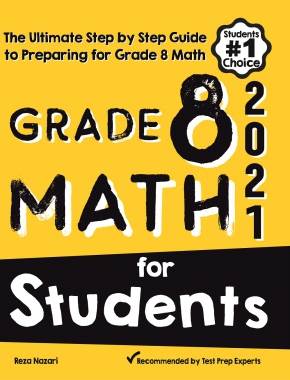
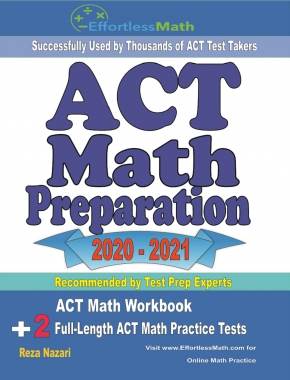

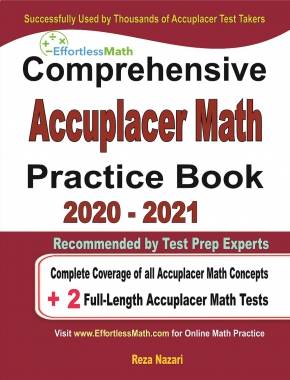
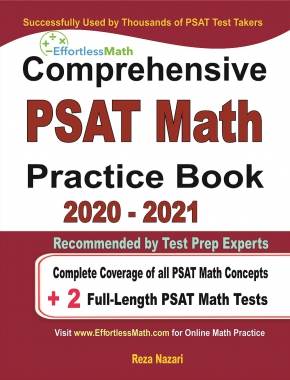
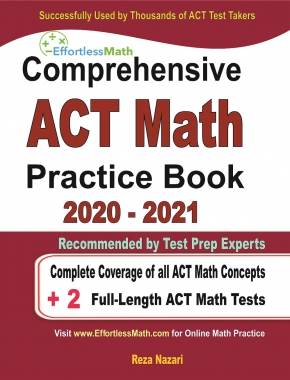

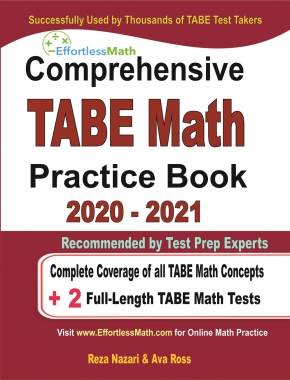



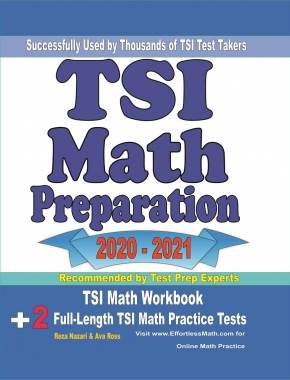

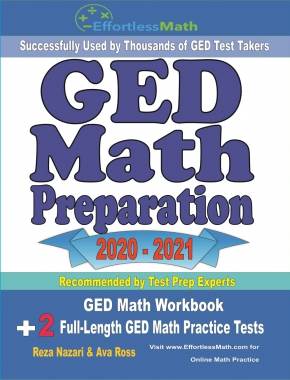

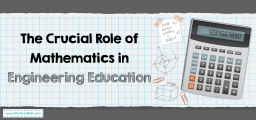






What people say about "Why Do Most Students Struggle with Math? - Effortless Math: We Help Students Learn to LOVE Mathematics"?
No one replied yet.